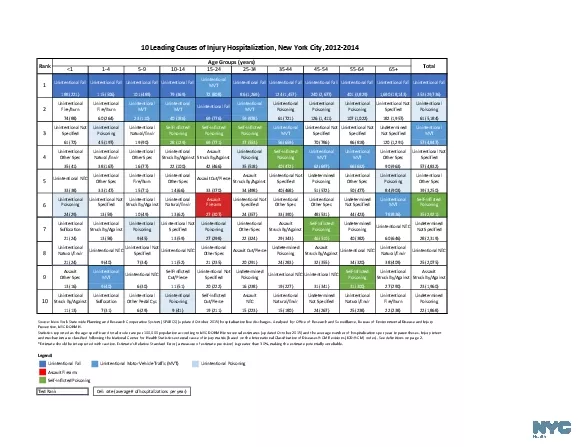PDF-THE INTERNATIONAL ECONOMY FALL 2009Japan
Author : lois-ondreau | Published Date : 2015-07-30
orget what you have heard about the hardworking Japanesesalaryman since the early 1990s the Japanese have drastically slackened their work habits Indeed Tokyo Universityeconomist
Presentation Embed Code
Download Presentation
Download Presentation The PPT/PDF document "THE INTERNATIONAL ECONOMY FALL 2009Ja..." is the property of its rightful owner. Permission is granted to download and print the materials on this website for personal, non-commercial use only, and to display it on your personal computer provided you do not modify the materials and that you retain all copyright notices contained in the materials. By downloading content from our website, you accept the terms of this agreement.
THE INTERNATIONAL ECONOMY FALL 2009Japan: Transcript
Download Rules Of Document
"THE INTERNATIONAL ECONOMY FALL 2009Japan"The content belongs to its owner. You may download and print it for personal use, without modification, and keep all copyright notices. By downloading, you agree to these terms.
Related Documents














